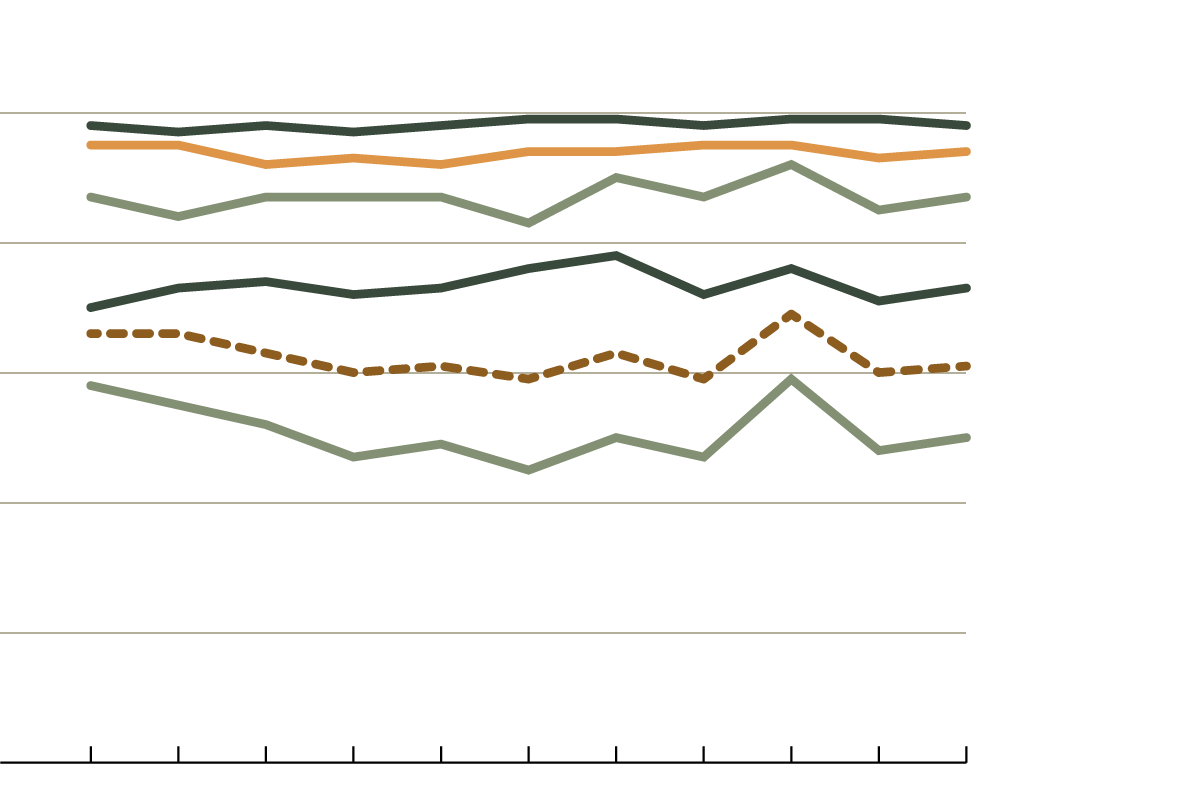July 3, 2013 - New York Times
Health Law Delay Puts Exchanges in Spotlight
Employees who now have to wait another year to get health coverage through their employer will have little recourse but to buy their own insurance at the newly created state exchanges.
The Obama administrationfs decision, announced on Tuesday, to delay for a year a requirement that larger employers provide insurance or pay a penalty has made the operation of the state exchanges ? where individuals can shop for insurance starting Oct. 1 ? more critical to the success of the new health care law.
The delay is viewed as an unspoken acknowledgment by federal officials of the size of the task ahead, according to policy experts and benefits consultants. By putting off the employer requirements, officials are in a position to concentrate on making sure the state exchanges work.
gThe real focus is now getting the individual exchanges and premium tax credits up and running,h said Timothy S. Jost, a law professor at Washington and Lee University who closely follows the new law, known as the Affordable Care Act.
In addition to the creation of the exchanges, the lawfs broad market reforms of the insurance industry and the expansion of Medicaid will continue, Mr. Jost said, adding, gI just donft see this as a game changer.h
Also still in effect is the requirement that people without insurance buy it by 2014 or face fines. Subsidies will be available for people who meet income requirements.
The companies affected by the delay ? those with 50 or more full-time employees ? were increasingly anxious about their ability to meet the lawfs requirements, given the delay by the administration in issuing the final rules for the companies to follow to ensure they were in compliance, said Helen Darling, the president of the National Business Group on Health, which represents employers that offer health benefits.
gThis is a recognition that they were not going to meet some key deadlines,h she said.
Companies that employ fewer than 50 workers have already been given a reprieve from the lawfs requirements.
Many of the companies being granted the latest reprieve either offered no coverage or provided it only to certain workers ? like managers or those working 40 hours a week. Some employers had been expected to pay the lawfs penalty of $2,000 a worker for every employee rather than provide insurance, while others said they would go ahead and offer it.
gWe donft know how many people would have gained coverage or wonft because of the delay,h said Paul Fronstin, a senior researcher at the Employee Benefit Research Institute. gItfs not a big deal because it doesnft affect many people, but itfs a big deal if it affects you.h
A large majority of larger employers ? 94 percent ? already offer coverage, according to the Kaiser Family Foundation, which studies the market. gWe do believe the practical effect of this will be really quite modest,h said Drew Altman, the foundationfs president.

The percentage of companies that offer health care benefits